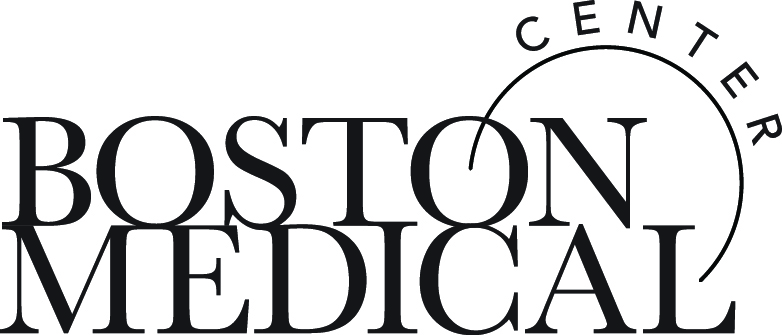The Oncology Equity Alliance

Boston Medical Center (BMC) has historical roots as the original public hospital serving the inner city of Boston, and now serves as an integrated care delivery system with eleven community health centers. As New England’s largest safety net hospital, BMC serves diverse communities that face unique challenges in receiving high-quality health care. The Oncology Equity Alliance (OEA) at BMC is collaborating with patients, providers and public health stakeholders to co-develop and evaluate a multi-level intervention to improve the delivery of cancer care and the patient experience. To ensure OEA’s approach incorporates national best practices in navigation, an External Advisory Council includes representation from the National Navigation Roundtable and the Academy of Oncology Nurse and Patient Navigators (AONN+) and Boston Public Health Commission.
Nearly 70% of BMC’s 1.3 million patient visitors are racial/ethnic minorities. Oncology navigation services are available for those more likely to experience delays in care. The focus population of the OEA includes newly diagnosed patients with breast, lung, digestive or head/neck cancer who are most at risk for poor outcomes with at least one of the following characteristics:
- Primary language is not English
- Have public insurance or are uninsured
- Screen positive for social determinants or drivers of health (SDOH) at time of diagnosis
The OEA patient navigation intervention focuses on three distinct levels: patient, provider and health system. These strategies aim to independently and synergistically improve access to coordinated care.
Patient Level: SDOH and psychosocial barriers to care will be addressed through the following process implemented by a professional patient navigator:
- Implement systematic screening
- Provide patient education
- Connect patient with tailored resources and support
Provider/Team Level: Implementation of patient navigation protocols will provide training across disciplines that promote patient care team engagement in the navigation process. Protocols will be used to:
- Define navigation roles and responsibilities across disciplines
- Provide training in navigation activities and skills
- Increase navigator-provider communication and collaboration
Health System Level: To support sustainable navigation systems and protocols at the health system level, the OEA will develop and improve data monitoring and collection, including:
- Develop a real-time registry to identify and track patients
- Promote shared learning to support adoption and use of new data system(s)
- Develop Cancer Center Navigation Protocols to standardize services
BMC will use mixed methods to measure improved access to coordinated care across several areas including patient reported outcomes, clinical care outcomes and implementation outcomes. In addition to BMC’s evaluation efforts, the NPO will plan and implement a comprehensive cross-site program evaluation using core data elements, harmonized metrics and overall collected data. This will be used to inform future efforts and measure the impact of the initiative across grantee sites while identifying and promoting best practices.
Program Co-Directors
 Katrina Steiling, MD, MSc
Katrina Steiling, MD, MSc
Assistant Professor of Medicine, Boston University Chobanian and Avedisian School of Medicine
Director, Lung Cancer Screening Program and Lung Nodule Clinic, BMC
steiling@bu.edu
 Michael Fischer MD, MS
Michael Fischer MD, MS
Professor of Medicine, Boston University Chobanian & Avedisian School of Medicine
Chief of General Internal Medicine and Director of Clinical and Translational Research, BMC
Michael.Fischer@bmc.org